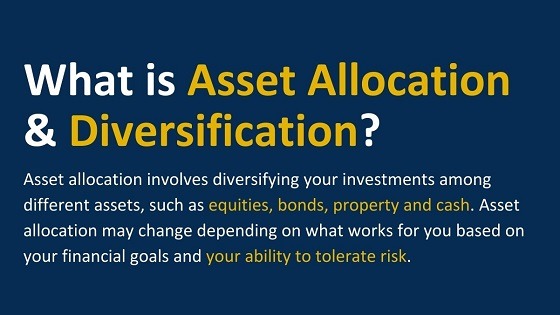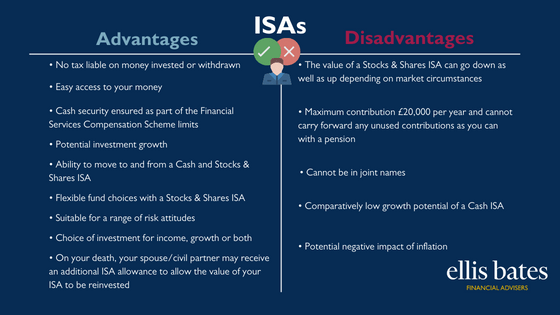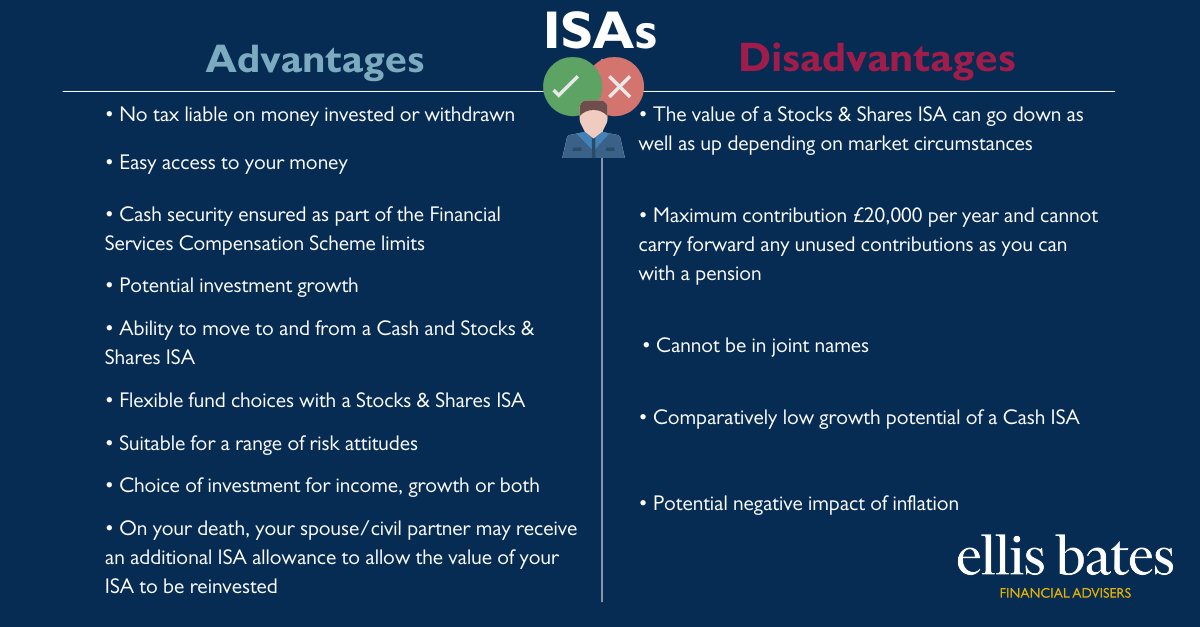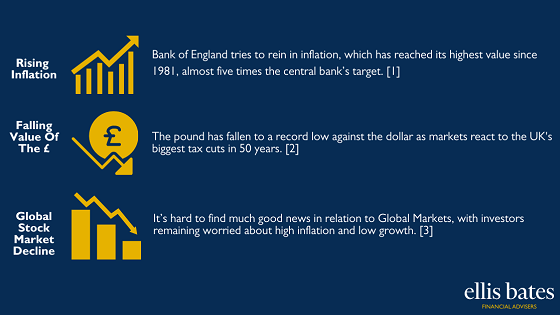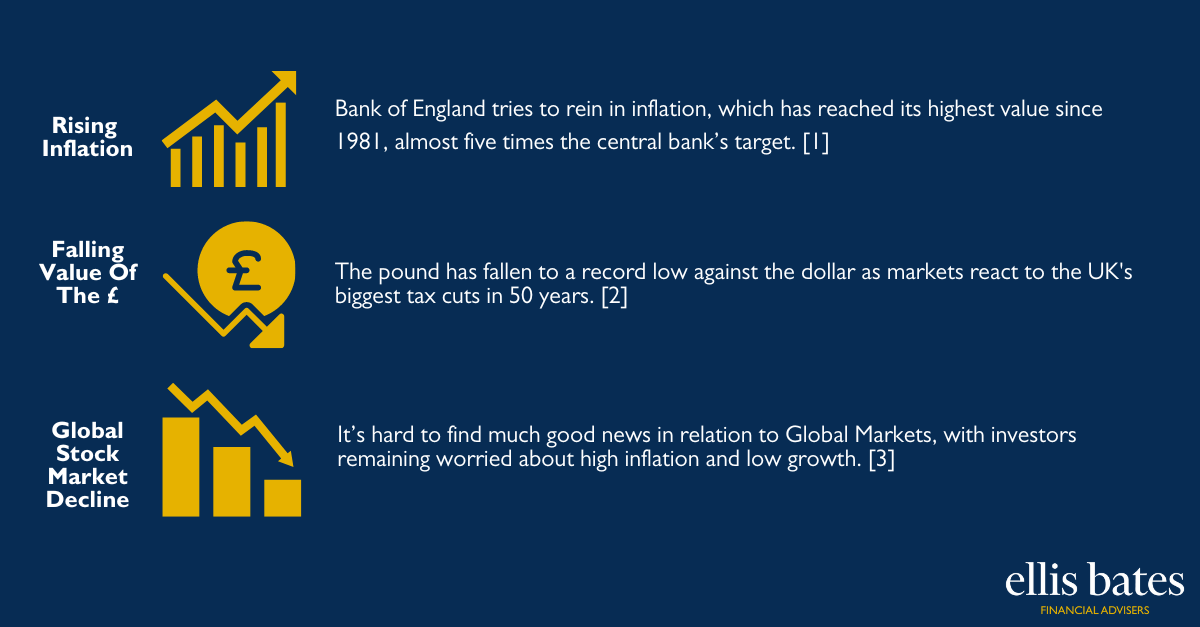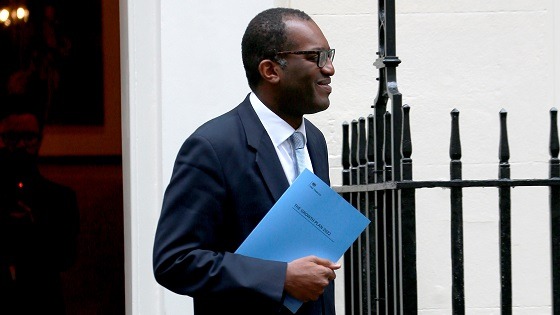Asset Allocation
https://www.ellisbates.com/wp-content/uploads/2023/02/Asset-Allocation-Infographic-holder.jpg 560 315 Jess Easby Jess Easby https://secure.gravatar.com/avatar/70f816837c455030814d46a740cfc12d89893aaf8cbf8c8f8f59387d7b30ac08?s=96&d=mm&r=g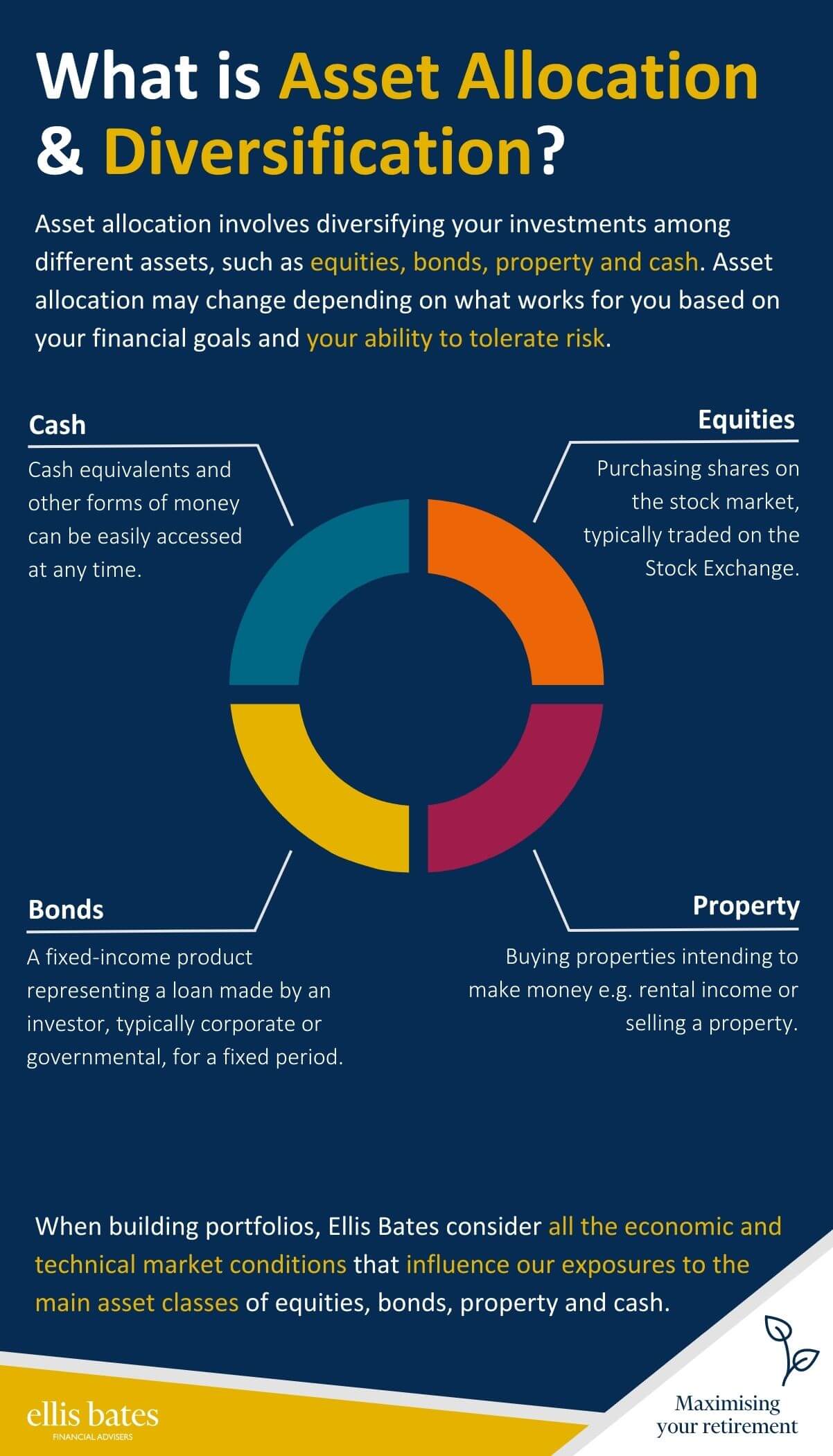
What is asset allocation and diversification?
Asset allocation involves diversifying your investments among different assets, such as equities, bonds, property and cash. Asset allocation may change depending on what works for you based on your financial goals and your ability to tolerate risk.
- Cash: Cash equivalents and other forms of money can be easily accessed at any time.
- Equities: Purchasing shares on the stock market, typically traded on the Stock Exchange.
- Bonds: A fixed-income product representing a loan made by an investor, typically corporate or governmental, for a fixed period.
- Property: Buying properties intending to make money e.g. rental income or selling a property.
When building our portfolios, we consider all the economic and technical market conditions that influence our exposures to the main asset classes of Ellis equities, bonds, property and cash.
We screen and choose all our funds, not just our Socially Responsible Investment portfolios, against a range of Environmental, Social and Governance (ESG) factors so you can see the impact your investments are having.
Read more on our screening process for sustainable investment funds.

